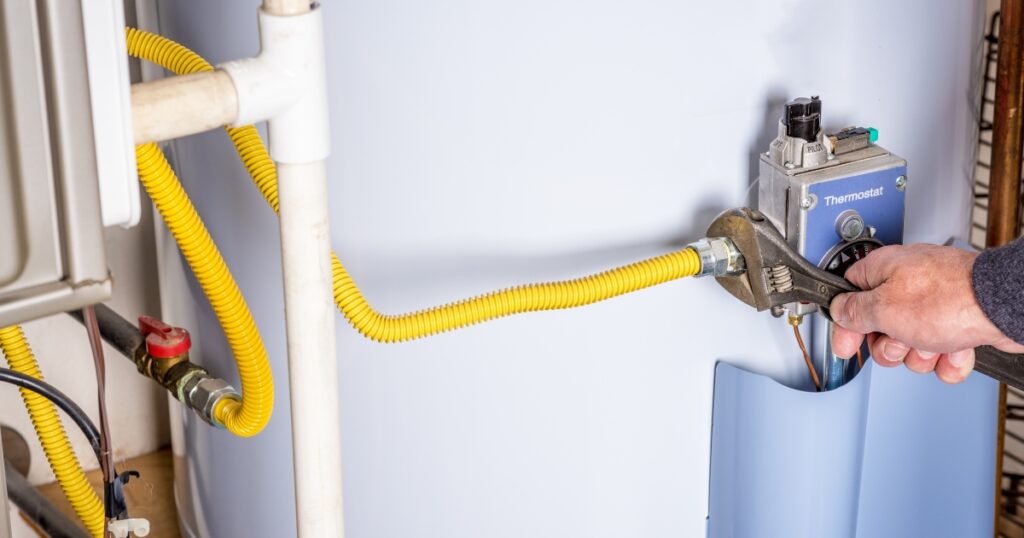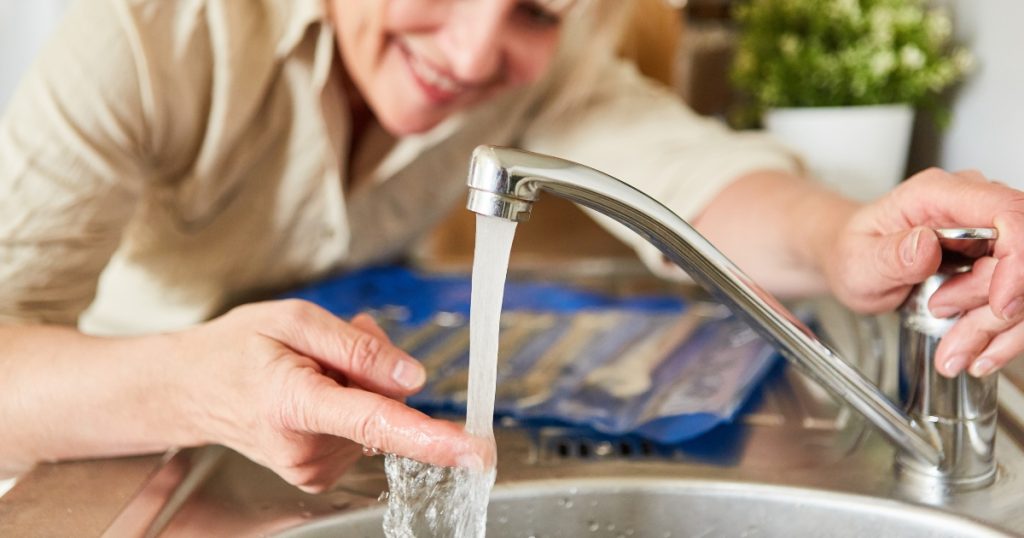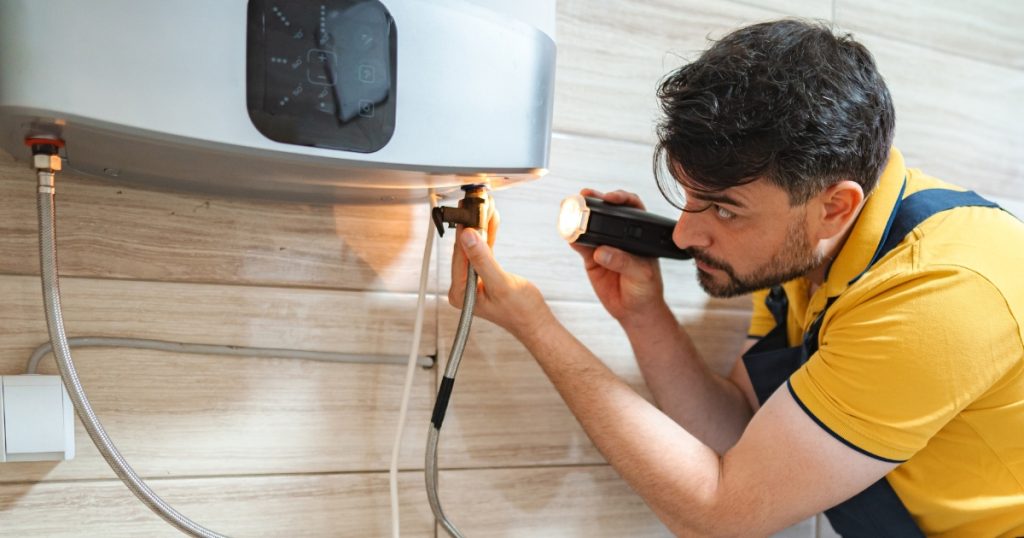Hot water is a luxury we often take for granted, but conserving it not only helps reduce your utility bills but also supports environmental sustainability. Whether you’re aiming to cut costs or simply do your part for the planet, there are several practical steps you can take to use hot water more efficiently in your household. Let’s dive into some straightforward tips that can make a significant difference.
Adjust Your Water Heater Temperature
One of the simplest ways to conserve hot water is by adjusting the thermostat on your water heater. Many homes have it set higher, which not only wastes energy but can also cause scalding. By lowering the temperature, you can reduce energy consumption while still maintaining comfortably hot water for your needs.
Install Low-Flow Fixtures
Another effective method for conserving hot water is to install low-flow showerheads and faucets. These fixtures are designed to use less water without sacrificing pressure. By switching to low-flow options, you can cut your hot water usage significantly. It’s a small investment with substantial long-term savings.
Take Shorter Showers
We’ve all been guilty of enjoying a long, hot shower, but cutting down on shower time can make a big impact. Aim for showers that last 5-10 minutes instead of 15 or 20. If you’re concerned about the cold, try gradually reducing your shower time to allow your body to adjust. You might be surprised at how easy it is to shorten your showers without sacrificing comfort.

Fix Leaks Promptly
A dripping tap or a leaky showerhead might seem like a minor issue, but these leaks can waste a significant amount of hot water over time. Regularly inspect your plumbing and fixtures for leaks and address them promptly. A quick fix can save gallons of hot water and prevent more expensive repairs down the line.
Use Cold Water for Laundry
Whenever possible, opt for cold water when doing laundry. Modern detergents are effective in cold water, and many washing machines have specific settings for cold cycles. This simple switch not only conserves hot water but also helps in reducing your energy consumption, as heating water accounts for a substantial portion of energy used by washing machines.
Insulate Your Water Heater
Water heater insulation is an often-overlooked method for conserving hot water. By insulating your water heater and the first few feet of hot and cold water pipes, you can reduce heat loss and keep your water hot for longer. This means your heater won’t need to work as hard to maintain the temperature, which can lead to energy savings.
Use the Dishwasher Wisely
If you have a dishwasher, use it wisely to conserve hot water. Only run the dishwasher with a full load to maximise efficiency. Many modern dishwashers have an eco-mode that uses less water and energy. Additionally, if your dishwasher has a heated drying cycle, consider air-drying your dishes instead.
Cover Your Hot Water Tank
Keeping your hot water tank covered helps retain heat. If your tank isn’t already insulated, consider purchasing a hot water tank blanket. This extra layer of insulation can keep the water hotter for longer periods, reducing the need for your heater to turn on as frequently.

Use a Shower Timer
To help keep track of how long you’re in the shower, use a shower timer. These handy devices can be set to alert you when your time is up, helping you stick to your goal of shorter showers. Some timers even come with a built-in countdown feature that can be a fun reminder to conserve water.
Consider a Tankless Water Heater
For those looking to make a more significant investment, a tankless water heater might be worth considering. Unlike traditional water heaters that store hot water in a tank, tankless models heat water on demand. This means you’ll only use energy to heat water when you need it, potentially saving a considerable amount of energy and reducing your overall hot water consumption.
Save Hot Water, Save the Planet
By implementing these straightforward tips, you can make a meaningful impact on your household’s hot water usage. Not only will these practices help lower your utility bills, but they also contribute to a more sustainable future. Start with small changes and gradually adopt more practices to make conserving hot water a natural part of your daily routine.





